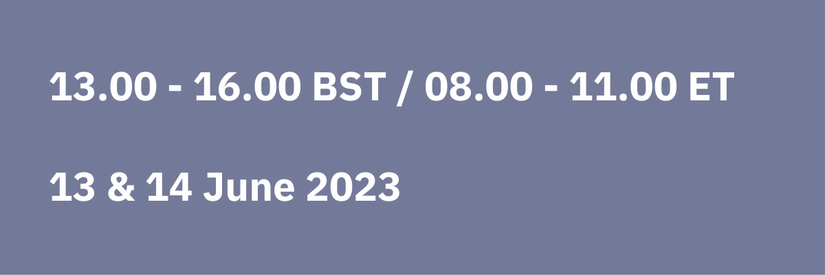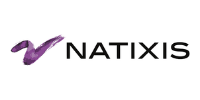-
Keynote5 mins
-
Keynote15 mins
-
Debate50 mins
- How are banks planning to plug the gaps created by legacy archiving and monitoring tools built for the age of email?
- How are regulatory pressures changing how banks go about e-comms capture and surveillance?
- How are banks addressing compliance and oversight for new and novel collaboration and chat platforms to meet emerging regulatory expectations?
- How easy is it for banks to meet regulatory expectations yet be sensitive to regional differences in employee privacy laws?
- What are banks doing to future-proof their approach to their e-comms surveillance regulatory requirements?
- Have we seen situations where banks deliberately favour legal interpretations that allow them to avoid certain surveillance activities?
Moderator
-
Break10 mins
-
Interactive Roundtable40 mins
-
Interactive Roundtable40 mins
-
Interactive Roundtable40 mins
-
Break5 mins
-
Debate50 mins
• Where and how has technology been applied to make banks e-comms surveillance systems more efficient? • How should banks best leverage vendor innovation and integrate external technology with legacy systems?
• How do banks justify their current stance on the set of languages they surveil?
• Does industry progress in wide scale availability of open source large language models offer any step-change improvement for e- comms surveillance effectiveness?
• Is the comprehensive integration of communication and trading activity data a realistic technological possibility?
Moderator
-
Keynote5 mins
-
Keynote5 mins
-
Debate55 mins
• Can e-comms surveillance be used as a standalone risk detector? And if so, how can that process be improved? • Is technology the answer to detecting broader misconduct, or can it be too heavily relied upon?
• What are the ways in which banks can use machine-learning algorithms and AI to monitor compliance with internal policies?
• What are the key behavioural metrics banks should be integrating into their surveillance programs?
• Given lexicon-only approaches are point-in-time, how can financial institutions ensure evolving behaviours are captured?
• What is the balance between policing/surveillance versus culture education and training?
Moderator
-
Break10 mins
-
Interactive Roundtable40 mins
-
Interactive Roundtable40 mins
-
Interactive Roundtable40 mins
-
Break10 mins
-
Debate55 mins
• To what extent does limiting communication activities to certain official channels, reduce potential efficiencies and push more employees to use unofficial channels?
• How can banks ensure that their surveillance functions have a completeness of data across all venues? Who should have appropriate ownership and responsibility for completeness of data?
• How is the way and speed with which society is changing contributing to this proliferation of non-email based apps?
• Is policy unrealistic to the everyday realities of communication demands? And what about regulators?
• How can banks ensure they maintain dynamic, real time coverage to capture all communication channels?
• What about the consequences of use of communication channels outside of bank policy? Fine or fire?
-
Keynote5 mins



-(7).png)


)
)
)
)
)
)
)
)
)
)
)
)
)








